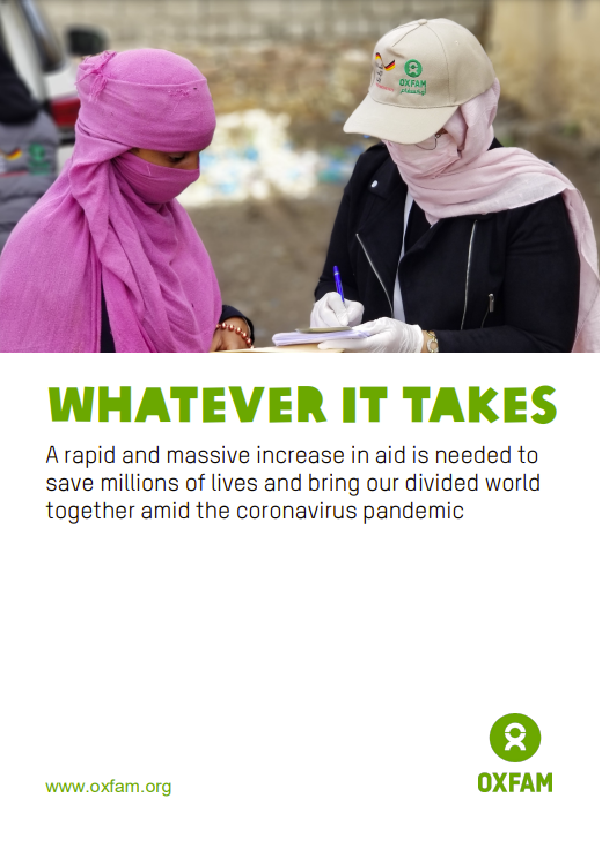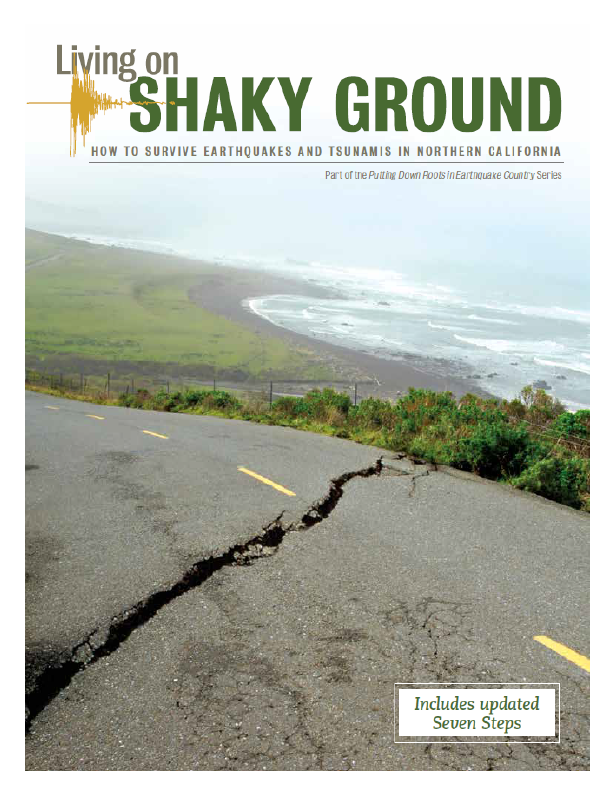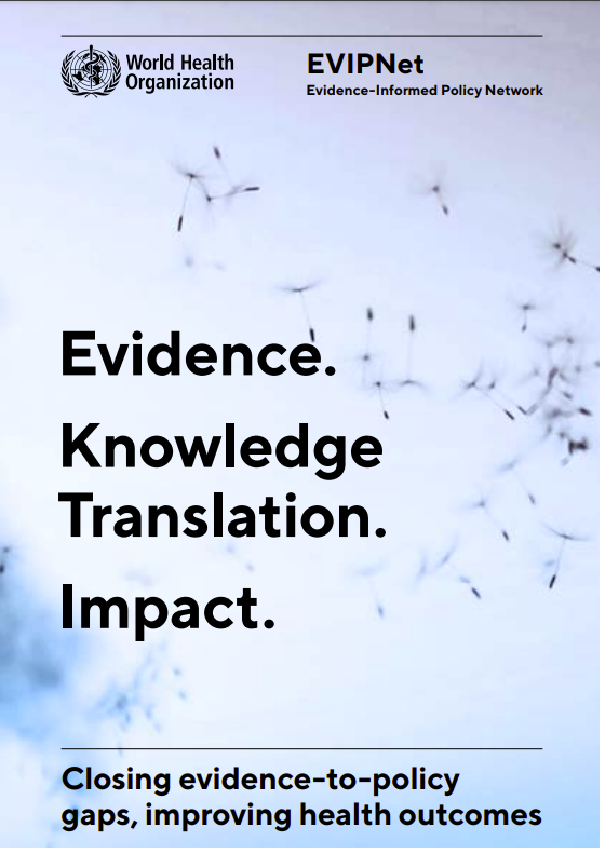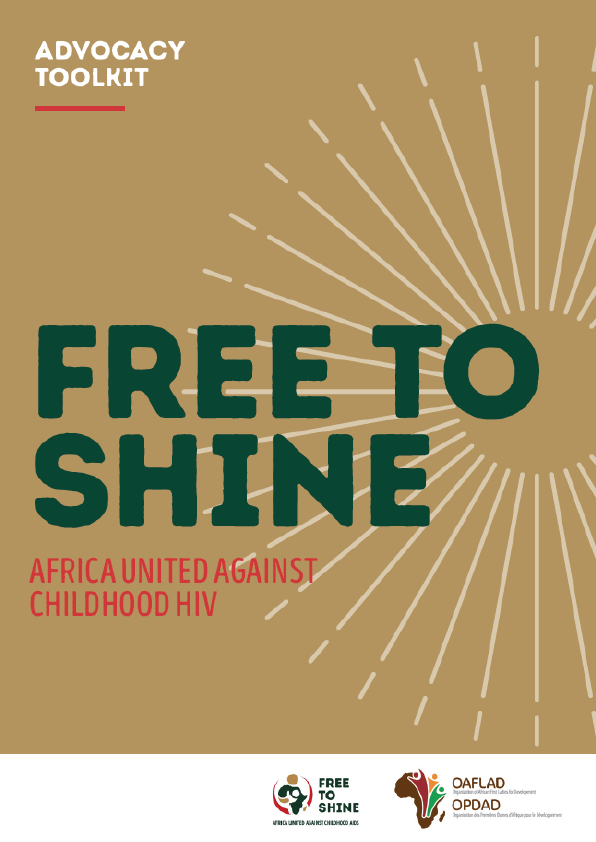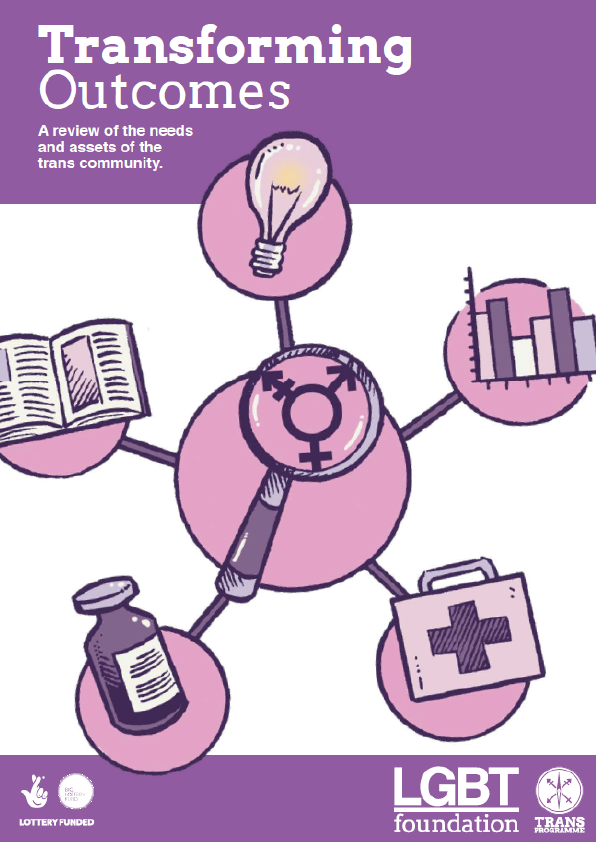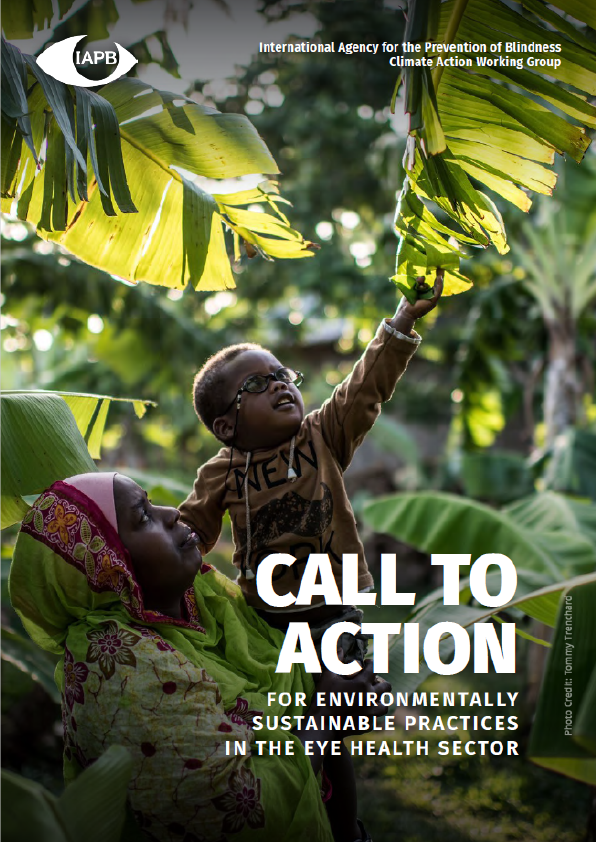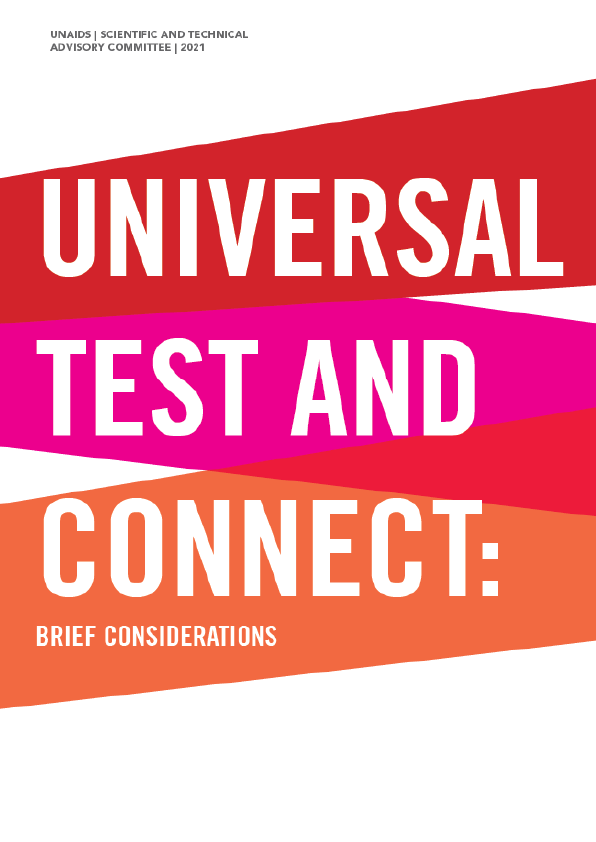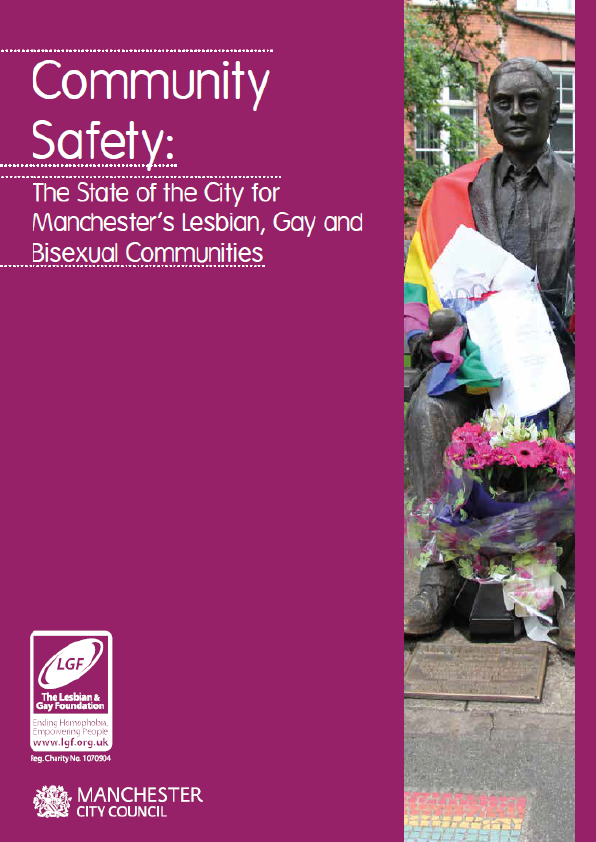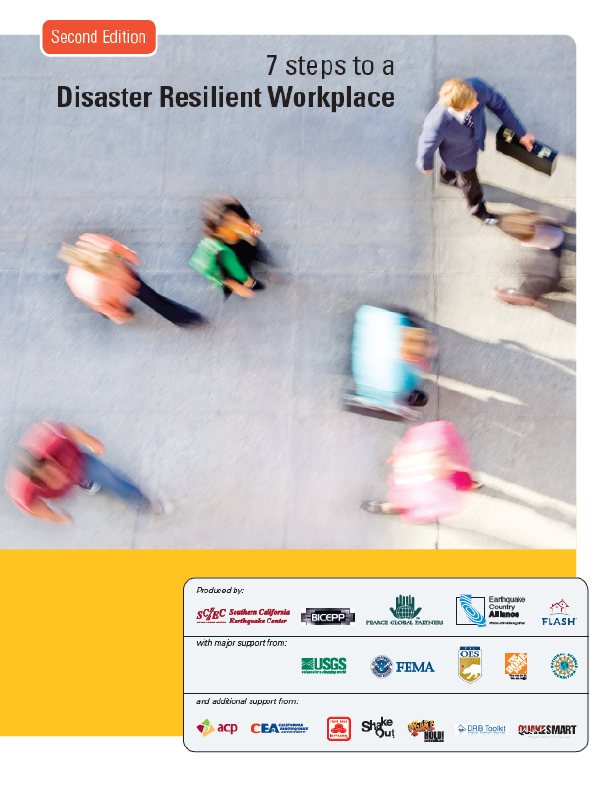The COVID-19 pandemic, also known as the coronavirus pandemic, is a global pandemic of coronavirus disease 2019 (COVID-19) caused by severe acute respiratory syndrome coronavirus 2 (SARS-CoV-2).
Forty million people dead if unmitigated. Half a billion people pushed into poverty. Coronavirus could have a disastrous toll worldwide unless immediate and dramatic action is taken. No one is immune to the impacts of the outbreak, but the crisis will undeniably hit people living in poverty the hardest, further entrenching extreme levels of inequality. Its impacts are exacerbated for women and girls in all aspects of their lives, from health to the economy and from security to social protection.
The worst-case scenarios may be preventable if we act now. Rich nations must make available the resources needed by low- and middleincome nations and their citizens to stop the epidemics in their countries, avert humanitarian disaster and prevent economic collapse. This is the right thing to do. It is also in the interest of powerful economies to help, because no one is safe until we are all safe. Governments and international organizations should take four actions to pay for this: (1) immediate debt cancellation, (2) the creation of new international reserves by the International Monetary Fund, (3) the adoption of emergency progressive taxes and (4) a massive injection of aid funds – a powerful tool of global solidarity that has proven time and time again to save lives.
This paper lays out are three things Oxfam believes donors should do immediately so that the international aid response measures up to this once-in-a-century crisis:
1. Urgently and massively increase international aid funds to help poor countries face the crisis. The UN is calling for $500bn in aid to help low- and middle-income countries face the pandemic. Oxfam has calculated that OECD DAC donor countries’ fair share of this response would amount to nearly $300bn. This is well within the realms of possibility, as many governments are pumping trillions into their own domestic responses. According to Oxfam’s calculations, this fair share is just 6% of what the world’s richest countries have pledged for domestically focused economic packages. This $300bn share is also less than the combined wealth of the world’s three richest men.
Importantly, donors’ financial assistance in response to the coronavirus must be additional, so as not to divert existing aid budgets away from other pressing humanitarian and development needs. With this massive injection of new aid, donors would finally fulfil their fiftyyear-old commitment to spend at least 0.7% of their gross national income on aid. To be effective in the short and long term, the response will need to be globally coordinated and locally led.
2. Prioritize prevention measures, health, social protection and food security in order to save lives and limit the outbreak and its economic impacts, while respecting principles for quality assistance. Donors should give priority to emergency humanitarian aid, to supporting low- and middle-income countries’ public health systems, and to investments that prevent the spread of the disease, notably water and sanitation programmes. They should also focus on delivering universal social protection for citizens, including helping partner countries give cash to those in need, so that people can survive both illness and income loss. Donors must urgently recognize and respond to food insecurity caused by coronavirus, including by providing food directly where market conditions require. Finally, in helping low- and middle-income countries respond to the immediate crisis, donors must uphold development effectiveness and humanitarian principles; provide feminist humanitarian assistance; protect refugees, migrants and internally displaced persons; and work towards protecting civic space.
3. Reshape the future of aid to build more equal and resilient societies. With the coronavirus threatening to set the fight against poverty back by decades, we must seize this moment to save lives and repair the systems that made so many people vulnerable in the first place. This means truly putting inequality at the centre of development in order to help the world recover from the crisis. The coronavirus crisis is showing how deep and growing inequalities undermine our ability to face existential threats. Now is the time for more aid spending on universal public services, which are proven to tackle inequality, and for more aid to help low- and middle-income countries raise taxes progressively. It is also the time to support active citizens in holding their governments to account and for truly feminist aid that puts gender equality and women’s rights at its heart. Aid that helps build a human and planet-centred economy that will keep the chance of limiting global heating to 1.5°C alive is also critical. Now is also the time for donors to break away from using aid to serve their own economic agendas and from backing the privatization of health and education, which worsens inequality. By laying the foundations for an aid system that is more inclusive and legitimate, one that is not based on rich countries’ willingness to ‘give’ but an internationally agreed mechanism of redistribution from the wealthiest countries to the poorest, we could finally move from charity to justice.
